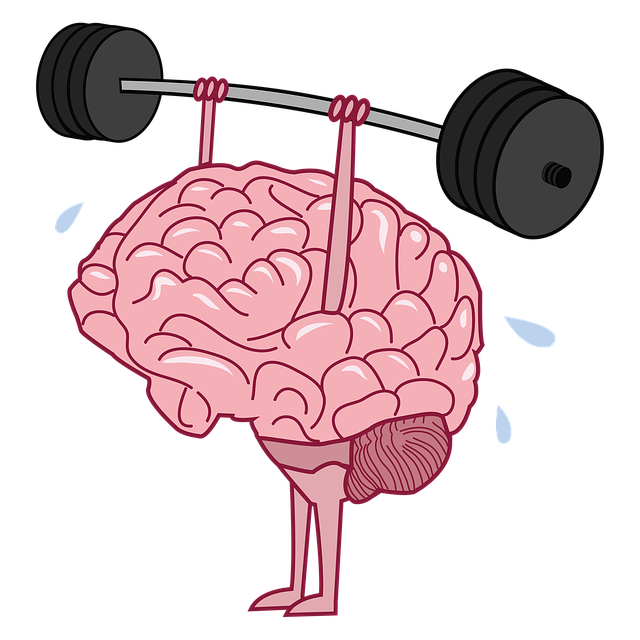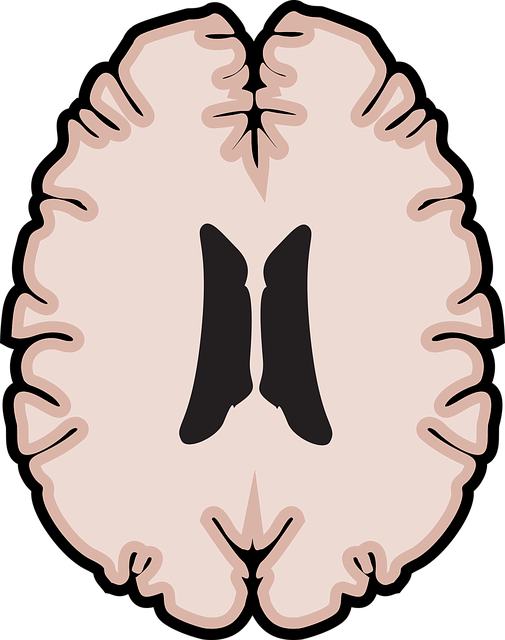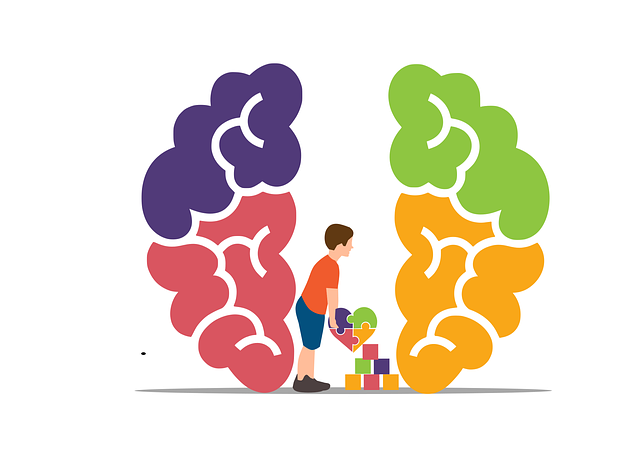Arvada Psychosis Therapy focuses on empowering individuals with effective coping skills for mental health challenges like depression, anxiety, and trauma. Their holistic approach enhances resilience, emotional regulation, and stress management while ensuring culturally competent services accessible to diverse populations. By combining evidence-based practices, mindfulness, peer support, creative outlets, physical activity, and structured routines, Arvada Psychosis Therapy promotes self-care and reduces mental health stigma. Therapists work closely with clients to identify personalized strategies, enabling safe navigation of intense emotions and stressful situations for improved overall well-being.
Coping skills are essential for navigating life’s challenges and maintaining mental well-being. This article explores the significance of these skills, offering a comprehensive guide on how to develop effective coping mechanisms. We delve into strategies proven to enhance resilience, from mindfulness techniques to cognitive reframing. Additionally, we highlight the transformative role of Arvada Psychosis Therapy in empowering individuals to build robust coping tools, fostering better mental health outcomes.
- Understanding Coping Skills and Their Importance
- Strategies for Developing Effective Coping Mechanisms
- The Role of Arvada Psychosis Therapy in Enhancing Coping Skills
Understanding Coping Skills and Their Importance

Coping skills are the strategies individuals use to manage and overcome life’s challenges and stressful situations. They play a vital role in maintaining mental health and overall well-being, especially for those facing difficulties like depression, anxiety, or trauma. Effective coping mechanisms enable people to navigate through tough times without resorting to harmful behaviors or unhealthy habits.
At Arvada Psychosis Therapy, we recognize the power of equipping individuals with robust coping skills. Our dedicated therapists work closely with clients to identify and develop personalized strategies for managing mood disorders and addressing underlying issues. Through evidence-based practices and tailored support, we enhance clients’ ability to cope with stress, regulate emotions, and promote resilience. This holistic approach, coupled with healthcare provider cultural competency training, ensures that trauma support services are accessible and sensitive to diverse populations.
Strategies for Developing Effective Coping Mechanisms

Developing effective coping mechanisms is a vital part of self-care and well-being. At Arvada Psychology Therapy, we believe that equipping individuals with robust strategies to navigate life’s challenges is key to fostering resilience. One powerful approach involves identifying personal coping styles and preferences. This process begins with introspection; recognizing one’s emotional triggers and the physiological responses that follow. By understanding these patterns, individuals can learn to recognize when they need support and choose appropriate coping tactics.
Mindfulness practices, for instance, have gained prominence in mental health circles due to their effectiveness in managing stress and anxiety (Anxiety Relief). This involves cultivating awareness of the present moment without judgment. Techniques such as meditation, deep breathing exercises, and yoga can help individuals detach from overwhelming thoughts and emotions, promoting a sense of calm. Additionally, seeking support from peers, family, or professional therapists, especially during times of heightened distress, is crucial (Risk Assessment for Mental Health Professionals). Engaging in creative outlets, regular physical activity, and maintaining a structured routine are also evidence-based coping strategies that contribute to mental illness stigma reduction efforts by fostering self-care and community connection.
The Role of Arvada Psychosis Therapy in Enhancing Coping Skills

Arvada Psychosis Therapy plays a pivotal role in enhancing coping skills among individuals struggling with mental health challenges. This therapeutic approach is designed to help clients navigate and manage intense emotions, stressful situations, and psychological symptoms effectively. Through tailored interventions, therapists guide patients in developing robust coping strategies that promote resilience and overall well-being.
One of the key aspects of Arvada Psychosis Therapy is its emphasis on risk assessment and management planning for mental health professionals. This involves a comprehensive evaluation of potential risks associated with the client’s condition and environment. By integrating this into the therapy process, therapists can proactively implement strategies to mitigate risks, ensuring a safer and more supportive therapeutic journey. Moreover, mood management techniques are often incorporated, empowering individuals to regulate their emotional states and foster a greater sense of control over their lives.
Coping skills development is a vital process for navigating life’s challenges. By understanding and utilizing effective coping mechanisms, individuals can enhance their emotional well-being and overall resilience. The strategies outlined in this article, combined with the specialized support of Arvada Psychosis Therapy, offer practical tools to manage stress, anxiety, and difficult emotions. Through tailored interventions, individuals can learn to adapt and grow, ensuring a more balanced and fulfilling life.














